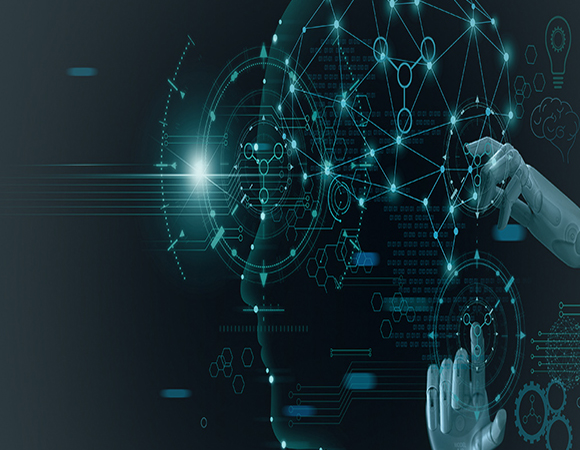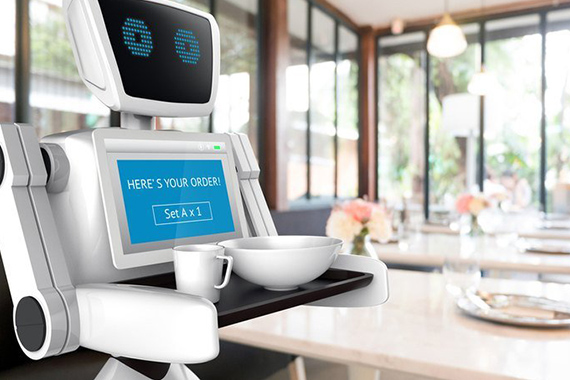- 24x7 Technical Support
- info@storeligence.com
- About
- Contact
Artificial Intelligence in Retail & Restaurant
AI is enabling retail systems to work together to optimize customer experiences, forecasting, inventory management, and more. AI technologies like computer vision bring near-real-time intelligence to brick-and-mortar stores. That same data, when analyzed in the cloud, can provide additional business insights.
Artificial Intelligence (AI) is a technology that truly is transforming every walk of life, including the restaurant industry. The true benefits of artificial intelligence in the restaurant industry are yet to be seen but will extend beyond robots that take orders, produce and deliver food. AI will help restaurant owners make good use of incredibly large amounts of data and in the end, fundamentally improve the dining experience.
Modernise Your Business
Enhance increasingly demanding work
A better, and richer, customer experience
Advantages of AI
in Retail & Restaurant businesses
AI helps retailers improve demand forecasting, make pricing decisions, and optimize product placement.AI can also track data from online channels, informing better e-commerce strategies. New types of AI at the retail edge help you recognize customer intent and optimize the shopper's journey accordingly.
AI helps restaurant business to Accelerate manual tasks,Increase the rate of workers / overtime,Significantly reduce production line downtime etc.AI could significantly improve packaging, increasing shelf life, a combination of the menu by using AI algorithms, and food safety by making a more transparent supply chain management system.
Future Scope of Artifical Intelligence(AI)
AI is making lots of progress in the scientific sector. Artificial Intelligence can handle large quantities of data and processes it quicker than human minds. This makes it perfect for research where the sources contain high data volumes.Cybersecurity is another field that’s benefitting from AI. As organizations are transferring their data to IT networks and cloud, the threat of hackers is becoming more significant.
Data analysis can benefit largely from AI.AI algorithms are capable of improving with iterations, and this way, their accuracy, and precision increase accordingly. AI can help data analysts with handling and processing large datasets. AI can identify patterns and insights that human eyes can’t notice without putting in a lot of effort. Moreover, it is faster and more scalable at doing so.
Adopting AI to enhance the shopping and dine-in experience
Adopting AI to enhance the shopping and dine-in experience and become more efficient

Retail
Supermarkets of the future increasingly adopt robots to tackle inventory-related problems, such as preventing out-of-stock items, incorrect labeling, and pricing.
Restaurant
Restaurants are using AI-controlled kiosks to increase capacity and speed up food ordering, preparation, and payment from the point of entry.Voice ordering often uses chatbots or AI-enabled virtual assistants to answer customer queries, process and customize customer orders.







